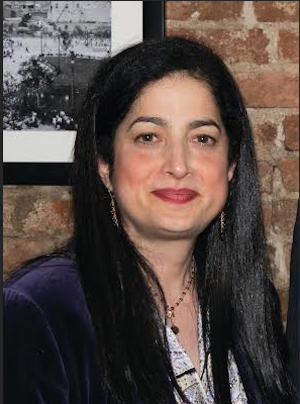Chuck Otey’s Pro Bono Barrister for April 4

Brooklyn Women’s Bar Prepared to Elect Sara Gozo New President Election of Helene Blank’s Successor Set for May 4
In her years of service on the bench, Justice Marsha Steinhardt has been one of the most visible leaders in the Kings County legal community and beyond.
An experienced trial lawyer before she was named to the Civil Court bench, Justice Steinhardt, with a strong support team of barristers and jurists, has clearly succeeded in helping the Brooklyn Women’s Bar Association (BWBA) gain new respect and recognition. So, too, has current President Helene Blank.

Brooklyn Boro
View MoreNew York City’s most populous borough, Brooklyn, is home to nearly 2.6 million residents. If Brooklyn were an independent city it would be the fourth largest city in the United States. While Brooklyn has become the epitome of ‘cool and hip’ in recent years, for those that were born here, raised families here and improved communities over the years, Brooklyn has never been ‘uncool’.